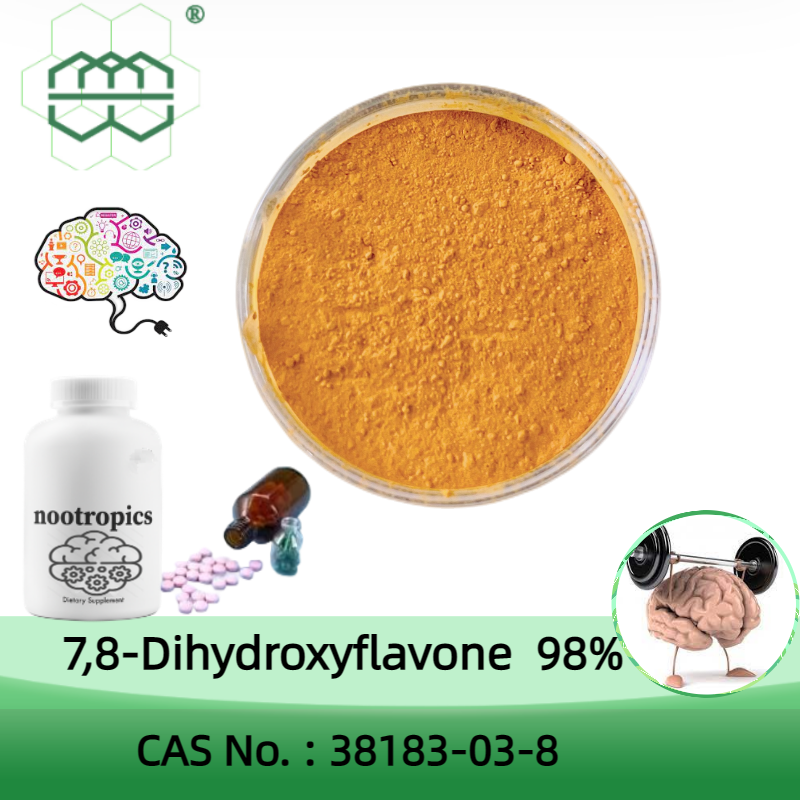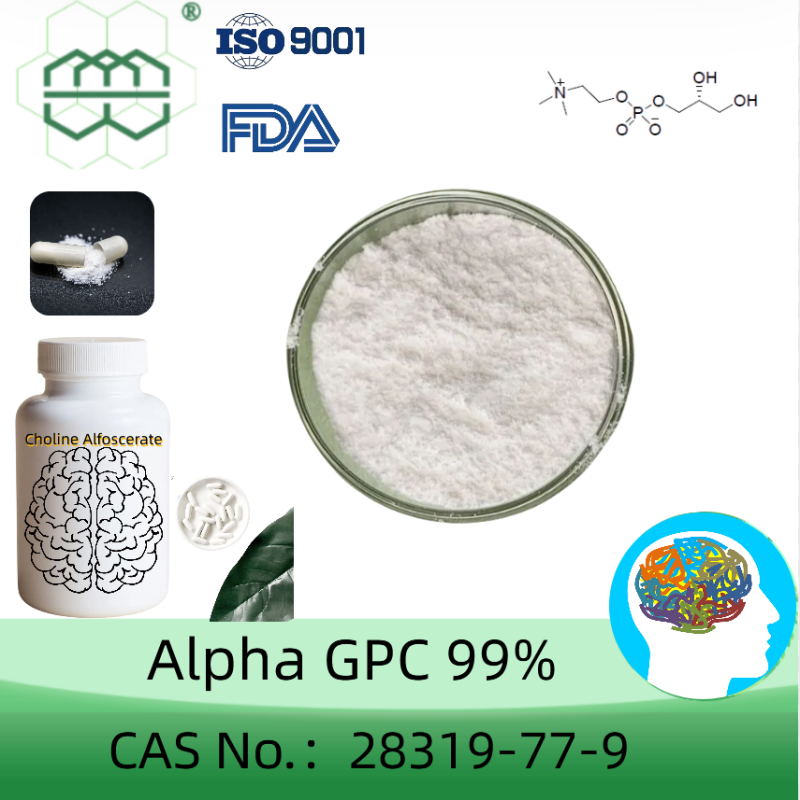Pomegranates are low in calories and fat but high in fiber, vitamins, and minerals. Benefits include antioxidants, heart health, urinary health, exercise endurance, and more.
Pomegranates are round, red fruits. They feature a white inner flesh that’s packed with crunchy, juicy edible seeds called arils. Do Ketone Esters Work

They may be best known for the vibrantly colored juice they’re often used in, but these unique fruits have a lot more to offer.
This article examines the many health benefits of pomegranates.
Overall, pomegranates are low in calories and fat but high in fiber, vitamins, and minerals.
Below is the nutrition for the arils in one average pomegranate:
Keep in mind that the nutritional information for pomegranate and arils differs from that of pomegranate juice, which won’t provide much fiber or vitamin C.
Pomegranates in their whole fruit form are low in calories and fat and high in fiber, vitamins, and minerals.
Antioxidants are compounds that help protect the cells of your body from damage caused by free radicals. High amounts of free radicals can be harmful and contribute to a number of chronic diseases.
Pomegranates are rich in antioxidants and polyphenolic compounds, including punicalagins, anthocyanins, and hydrolyzable tannins.
Getting antioxidants from fruits such as pomegranates is a great way to support overall health and prevent disease.
Pomegranates are rich in an array of antioxidants that help protect your cells from free radical damage.
Chronic inflammation can contribute to many conditions, including heart disease, type 2 diabetes, and cancer.
Eating pomegranates may help prevent the inflammation associated with these chronic conditions.
This is largely attributed to compounds called punicalagins, which have been shown to have antioxidant and anti-inflammatory properties.
While more research is needed, research shows that consuming pomegranate juice can reduce certain markers of inflammation.
Although more research is needed, pomegranates contain compounds that may help prevent chronic inflammation associated with disease.
Research has found that compounds in pomegranate have anti-cancer properties.
Animal research has also found that pomegranate helps slow tumor growth in the early stages of liver cancer.
Plus, according to older research, pomegranate extract may be beneficial for prostate cancer.
Pomegranate has been observed to have anticancer effects. It may slow tumor growth and spread and reduce inflammation, although more research is needed to learn more.
There is evidence that fruits rich in polyphenolic compounds, such as pomegranate, may benefit heart health.
For example, in a study on people with heart disease, drinking pomegranate juice reduced the frequency and severity of chest pain, as well as certain biomarkers that suggest a protective effect on heart health.
Compounds in pomegranate may reduce blood pressure, decrease plaque buildup, and reduce chest pain.
Test-tube and human studies have found that pomegranate extract may help reduce the formation of kidney stones.
In one 2014 study, pomegranate extract was found to inhibit the mechanism associated with stone formation in people with recurrent kidney stones.
Additionally, animal studies have found that pomegranate extract can help regulate the concentration of oxalates, calcium, and phosphates in the blood, which are common components of kidney stones.
Certain compounds in pomegranate may help prevent kidney stones.
Pomegranate compounds may help fight harmful microorganisms.
For instance, they may protect oral health by reducing the growth of germs that can contribute to bad breath and tooth decay.
Pomegranates contain compounds that help fight off potentially harmful bacteria, fungi, and yeasts — particularly germs in the mouth that can cause bad breath and tooth decay.
The polyphenols in pomegranates may increase exercise endurance.
One small study found that pomegranate extract increased time to exhaustion and improved performance in trained cyclists.
Other research has found that pomegranate supplements may improve both endurance and muscle recovery.
However, research using pomegranate juice has found no benefit for muscle recovery after exercise, indicating that more studies are needed.
Pomegranates contain compounds that may improve endurance and recovery.
Pomegranates contain antioxidants called ellagitannins, which help reduce inflammation in the body.
Some studies have found that ellagitannins may help protect the brain against Alzheimer’s and Parkinson’s disease by reducing oxidative damage and increasing the survival of brain cells.
Ellagitannins are believed to produce a compound in the gut called urolithin A, which has been studied for its ability to reduce inflammation in the brain and delay the onset of cognitive diseases.
Nonetheless, more research is needed.
Compounds in pomegranate may help protect brain health and prevent Alzheimer’s disease and Parkinson’s disease.
Eating pomegranate may help support the health of your gut microbiome, which plays a key role in many aspects of health.
Test-tube research has found that pomegranate can increase levels of beneficial gut bacteria, suggesting that it may have prebiotic effects.
Prebiotics serve as fuel for the beneficial bacteria in your gut and support a healthier gut microbiome.
Additionally, pomegranate arils are rich in fiber, which is essential for digestive health and may protect against some digestive conditions.
Pomegranate arils are also rich in fiber, which serves as fuel for probiotics and helps prevent certain digestive health conditions.
Pomegranates are rich in fiber and antioxidants. They have also been associated with health benefits, including decreased inflammation, improved heart health, and increased endurance.
Pomegranate seeds are edible and can be a great source of many essential vitamins.
Pomegranate is highly nutritious and can be a great addition to a balanced diet. However, all fruits offer a unique set of nutrients, so be sure to enjoy pomegranates alongside a variety of other healthy fruits.
Pomegranate may interact with certain medications, including drugs used to treat high blood pressure. Therefore, it’s best to talk with a doctor before adding pomegranate to your diet if you’re taking other medications or have any underlying health conditions.
Pomegranates are rich in antioxidants, fiber, and a variety of vitamins and minerals.
Pomegranates may also help protect against cancer, support exercise endurance, and prevent harmful germs.
Although human research on some of these potential benefits is lacking, it’s safe to say that pomegranate is a tasty, nutritious addition to your diet.
Try this today: Next time you go to the store, grab a pomegranate! To easily remove the arils, cut the fruit in half, submerge it in water, and peel out the arils using your fingers. Enjoy as a snack or sprinkle onto avocado toast, salads, yogurt, or smoothies.
Last medically reviewed on June 6, 2023
Our experts continually monitor the health and wellness space, and we update our articles when new information becomes available.
Jerlyn Jones, MS MPA RDN LD CLT
Alissa Palladino, MS, RDN, LD, CPT
Learn more about the dragon fruit, also called pitaya. What it is, what it looks like, nutrition facts, health benefits and how to eat it.
This is a detailed review of lychees. Nutrition facts, health benefits, adverse effects and an in-depth look at the science behind lychees.
Blueberries are highly nutritious and among the world's most powerful sources of antioxidants. Here are 10 evidence-based health benefits of…
This article reviews how many servings of fruit you should eat per day. Fruit is nutritious and healthy, but some people are worried about the sugar…
Apples are a popular fruit grown and enjoyed around the world. This article explores the top ten apple benefits, backed by science.
Fruits are very nutritious and contain lots of fiber and antioxidants. However, some people think they can be harmful because of the sugar they…
Berries are among the healthiest and most nutritious foods on earth. Here are 11 ways that eating berries can improve your health.

D-Beta-Hydroxybutyrate Ester; Pineapple juice contains a variety of vitamins, minerals, and beneficial plant compounds that may protect you from disease. Here are 7 emerging…